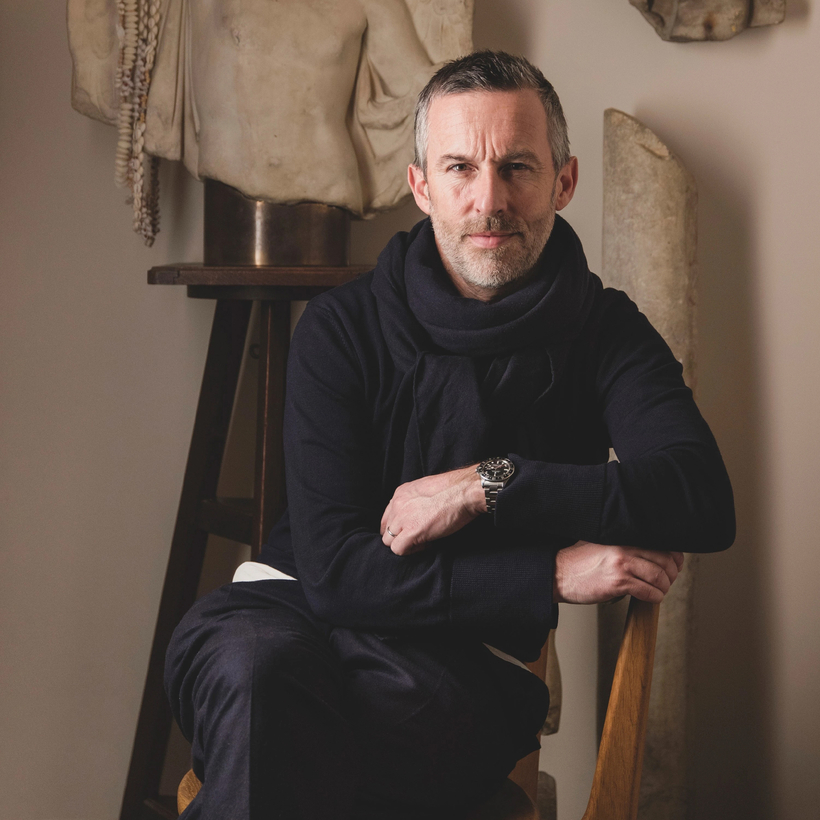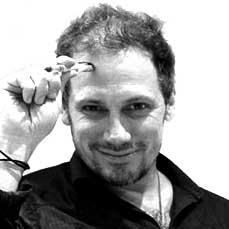Where men work and how men work are points of debate nowadays, as is what they wear for work, seeing that Zooms in hoodies and pajama bottoms are now, fingers crossed, a thing of the past.
A collection based out of Paris, Officine Générale seems primed for the moment. “Officine” means “workshop” in French, and its creator, the 47-year-old Pierre Mahéo, who started the burgeoning fashion powerhouse in his kitchen 10 years ago, is here to help our post-remote awkward selves find our way back, by zeroing in on qualities handed down from his two grandfathers, in Brittany, whose starkly different vocations showed him there was a stylish way to blend life and work.


